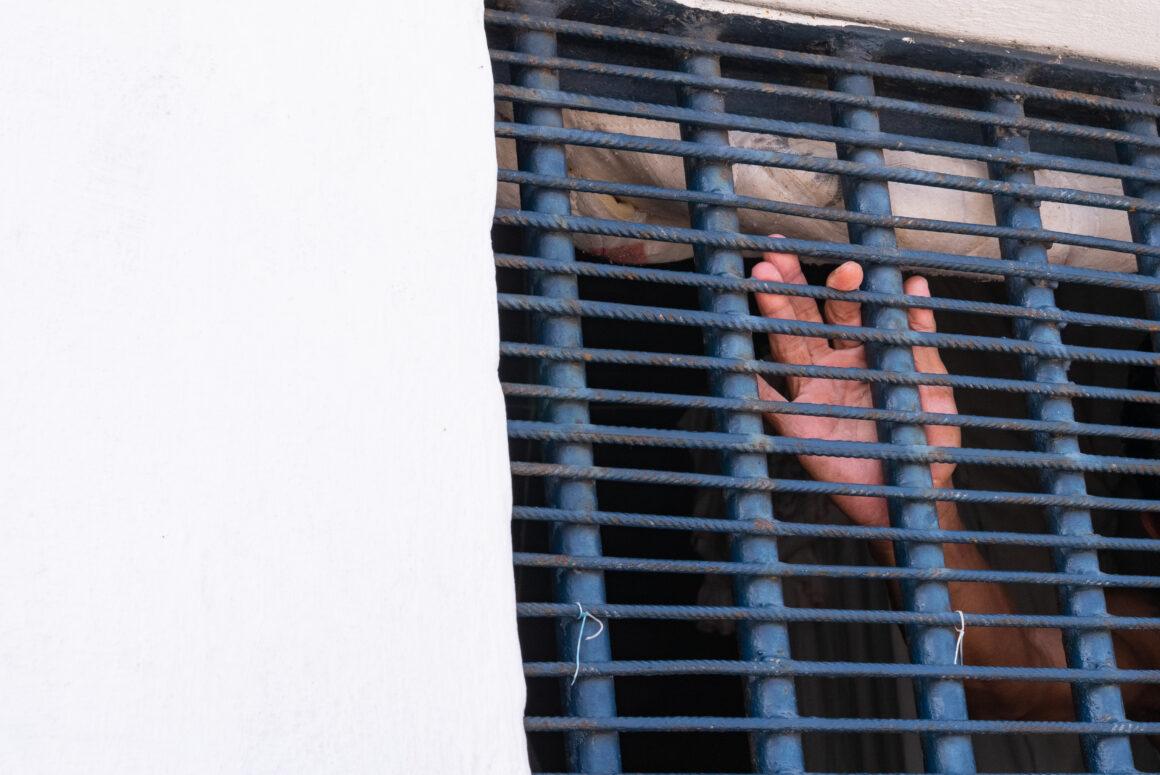Supported by the president of H360, resolution on the rights of LGBTQIA+ people in prison is approved by CNPCP and CNLGBTQIA+
In a meeting held on March 26, in Brasília, the CNPCP and the CNLGBTQIA+ approved a resolution that establishes the parameters for the reception of LGBTQIA+ people imprisoned in Brazil. The text was unanimously approved by both members of the National Council for Criminal and Penitentiary Policy, linked to the Ministry of Justice and Public Security, and the National Council for the Rights of LGBTQIA+ People, tied to the Ministry of Human Rights and Citizenship. The president of the Humanitas360 Institute and full member of the CNPCP, Patrícia Villela Marino, participated in the meeting.
Among the main points, the resolution defines self-declaration as the sole criterion for recognizing a person as part of the LGBTQIA+ population. Furthermore, the person must be consulted about the preference of the place where they will serve their sentence, whether in male or female units – and, within them, opt for custody in the general community or in specific wings or cells, when available. The communicated preferences must be included in the court decision or sentence and, based on them, the magistrate responsible for the case will need to explain, in accessible language, the structure of available prison establishments, informing the LGBTQIA+ person of their rights and the possible consequences of their choice. The document also establishes regulations that guarantee the incarcerated LGBTQIA+ population rights such as chosen name, health, work and social assistance, among others.
“The CNPCP and the CNLGBTQIA+ worked together in an act of active citizenship for this important resolution, which meets the urgency and importance of confronting the Brazilian State’s inaction with LGBTQIA+ Brazilian people”, said Patrícia Villela Marino after the meeting. “Congratulations to the president of the Council, Dr. Douglas de Melo Martins and to the president and rapporteur of the Working Group of which I was a member, Dr. Ulysses de Oliveira Gonçalves Júnior and Dr. Marcus Castelo Branco Alves Semeraro Rito”.

